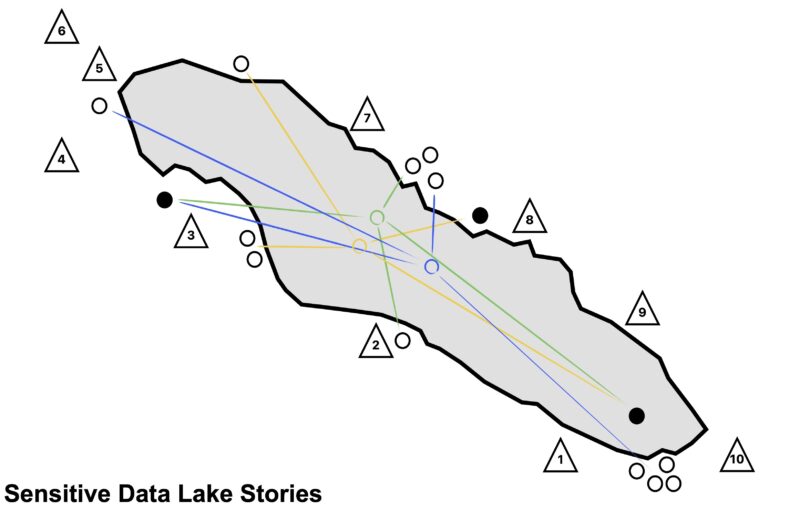W 2010 roku zainicjowaliśmy HAT Research Center jako hub dedykowany do intensywnego rozwoju badań nad relacjami między środowiskiem, mediami, technologią i społecznościami z wykorzystaniem transdyscyplinarnych metod pracy zespołowej i zaangażowania różnych perspektyw eksperymentalnych – w tym badań opartych na sztuce i praktyk art&science. Podejścia trans- i interdyscyplinarne, z których korzystamy, opierają się na współpracy specjalistów z różnych dziedzin, w tym projektantów, artystów i osób spoza akademii. Nasze działania i praktyki naukowo-dydaktyczne obejmują również różnorodne formy projektowania, takie jak projektowanie krytyczne i spekulatywne oraz niekonwencjonalne sposoby korzystania z mediów i technologii. W ten sposób media stają się narzędziami epistemologicznymi umożliwiającymi wykorzystanie bardzo różnych perspektyw badawczych i niestandardowych (a także spekulatywnych) modeli poznawczych.
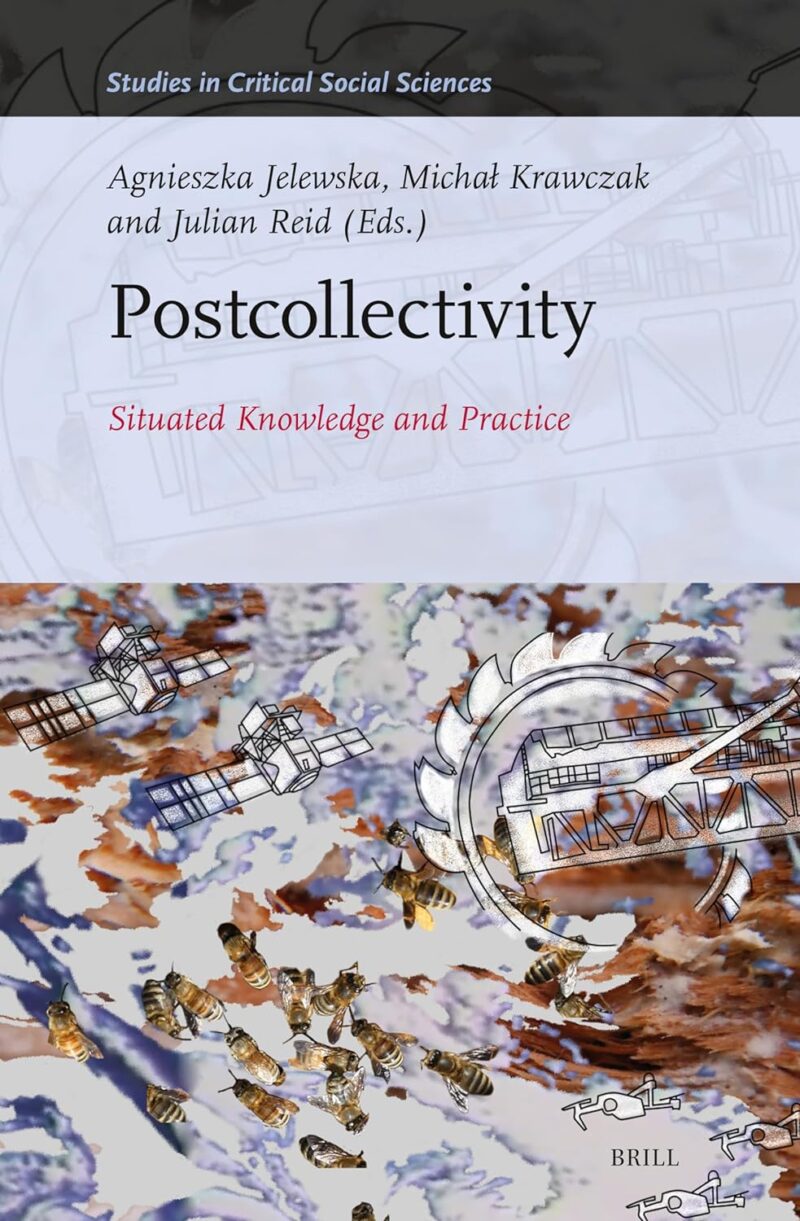
Postcollectivity. Situated Knowledge and Practice
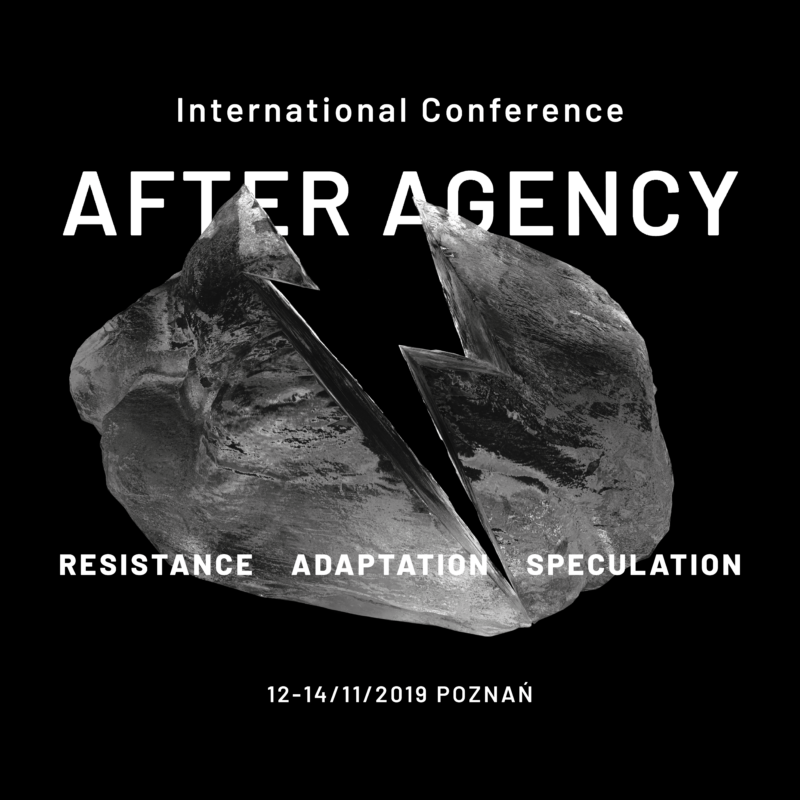
After Agency. Resistance. Adaptation. Speculation
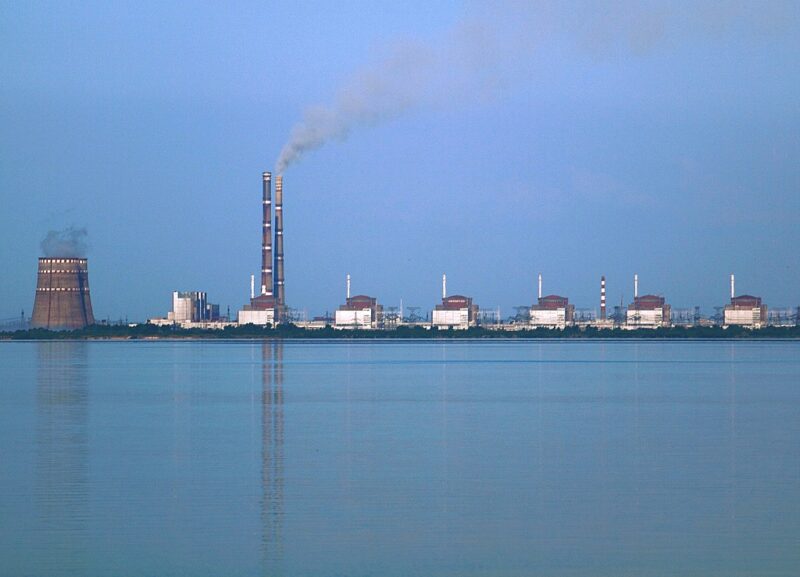
Techno-Imaginations of a Nuclear Regime. How a Power Plant Became a Proxy Bomb
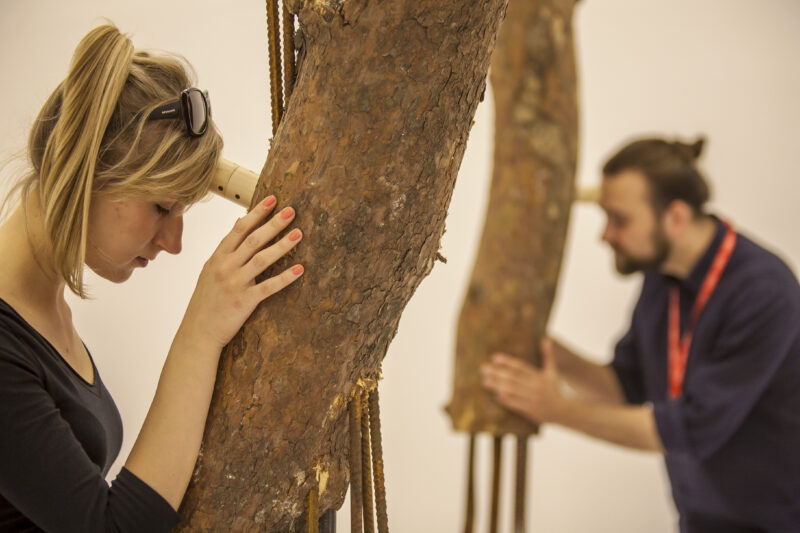
Post-Apocalypsis
